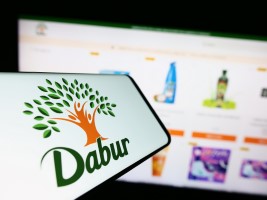Practice Area
An Overview
A proprietorship, also known as a sole proprietorship, is the simplest and most common form of business ownership. It is owned and operated by a single individual who is responsible for all aspects of the business, including its profits, liabilities, and decision-making. This structure is ideal for small businesses, freelancers, and independent professionals due to its simplicity and ease of setup.
Key Features
Single Ownership
The business is entirely owned and managed by one individual.
Unlimited Liability
The owner is personally responsible for all debts and obligations of the business.
No Separate Legal Entity
The owner and the business are legally considered the same entity.
Advantages
Ease of Formation
Setting up a proprietorship requires minimal legal formalities and costs.
Complete Control
The owner has full authority over decisions and operations.
Tax Benefits
Business income is taxed as the owner’s personal income, often at a lower rate.
Disadvantages
Unlimited Liability
Personal assets can be used to settle business debts or legal claims.
Limited Growth Potential
Raising capital is challenging as funding relies on personal savings or loans.
Lack of Continuity
The business ceases to exist if the owner retires, dies, or is unable to manage it.
FAQ's
A business owned and operated by one individual, combining simplicity with direct control.
Select a business name, register if necessary, acquire relevant licenses, and comply with tax requirements.
No, it is better suited for small-scale businesses due to limited capital and liability concerns.
A proprietorship is a practical choice for individuals starting small-scale businesses who value simplicity and direct control. However, it’s essential to consider the risks and limitations, such as unlimited liability and restricted growth opportunities.








